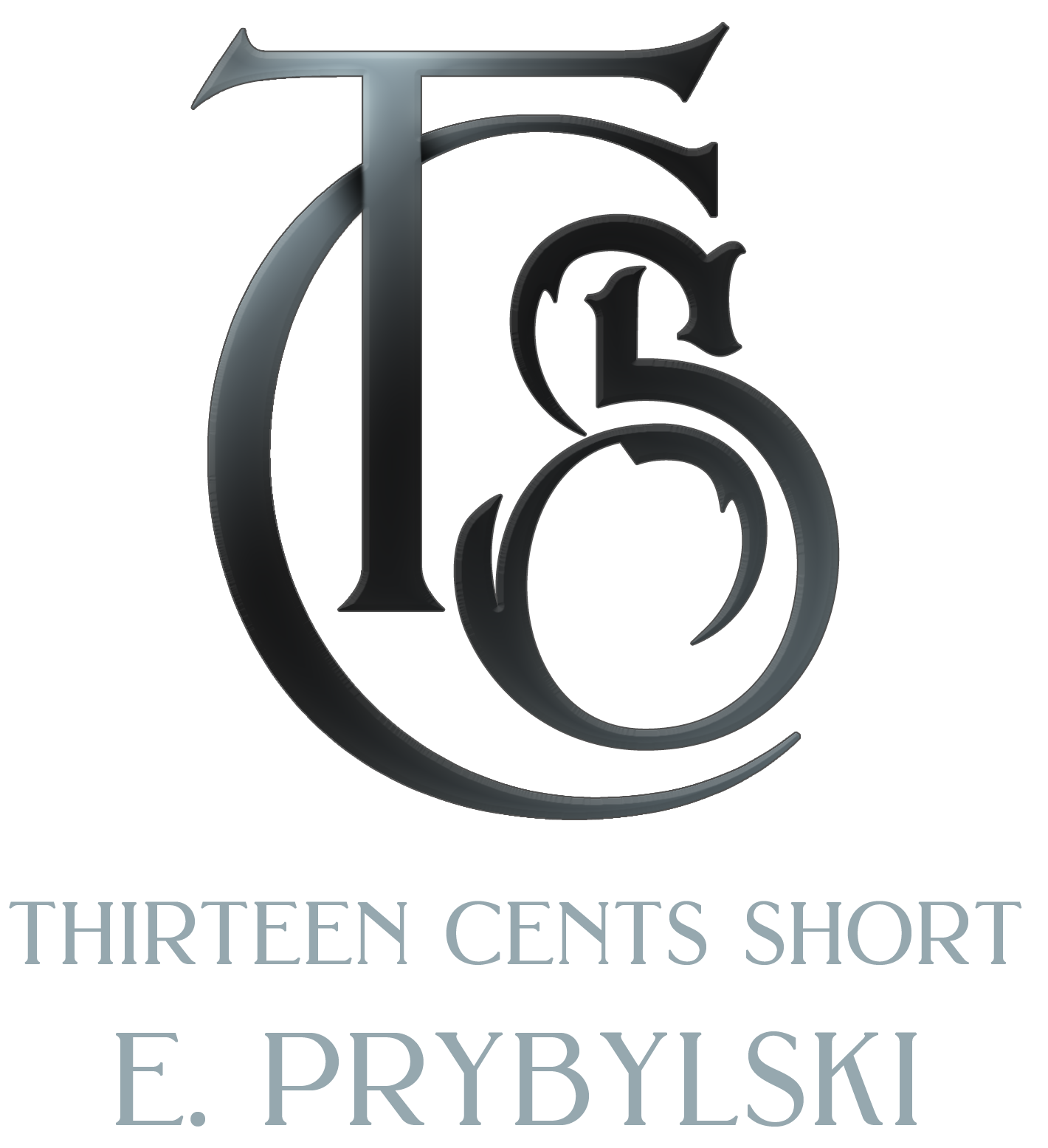I cannot tell you the number of times I have stumbled across an author who has had issues with facts in their manuscript. And I don’t mean little things. I’ve had authors who tried to flip safty off on revolvers (revolvers don’t have safeties as a rule) and who had someone doing cross stitch in ancient Rome (cross stitch didn’t exist back then). While I don’t agree with “write what you know” as a rule, I would rephrase that to say, “know what you write.”
The problem I have with “write what you know” is that it limits you to things you know now. Which is a problem. Also, since I write high fantasy and science fiction, I can’t really “know” a lot of the things about the setting since I invented it. However, what I don’t know, I can postulate or research. And therein lies the key: research.
I am a lucky woman. I have diverse interests and can talk intelligently about everything from police procedure to the ingredients used to prepare authentic Medieval recipes. While I don’t know everything (I really don’t), I have a brain full of factoids that, outside of writing, are useless to pretty much everyone. Maybe I’m not that lucky. But it does give me an edge in conversation.
The reason I know all those various things is research. I’ve studied a great many subjects at varying depths and, at the very least, know how to dig for information in a way that yields fruit. With that in mind, I have some suggestions for authors aspiring to learn more about just about any topic!
- Find an expert.
No, really, find one. If you want to learn about firearms, go to a range or a store and start asking questions of the clerk. Also, consider finding someone who knows them to take you shooting. There is no substitute for practical experience. I have taken authors to the range before to let them experience what it’s like to fire a gun, and it gave them perspective nothing else could. Similarly, you can ask a martial artist about fight scenes, a scientist about science, maybe see if your local police are willing to talk to you about police procedure. It may seem daunting at first, but you will end up with far more authenticity to your writing than you would otherwise. Also, most nerds (and experts are nerds) love to talk about their subject of expertise. Seriously. Just ask us. We’ll talk your ear off. - Learn how to use search engines.
I don’t mean that in a sarcastic way. Using Google effectively will give you a great deal more data than if you wander your way through it. Also, no matter what they told you in school, Wikipedia is an excellent resource for the beginning of your studies. While there is occasionally misinformation on there, the curators do an excellent job of ensuring factual purity.Using Google effectively can include such techniques as using the proper keywords, using quotation marks to specify exact phrses, and other such things. It’s an art all in itself, and you may find your research becomes easier when you learn how to utilize your tools properly.
- Learn to recognize sources.
When I was in college, one of the things emphasized to me was learning how to locate primary sources. A primary source is the article, study, work, etc. that is the origin of the story. It’s like reading Shakespeare rather than reading about Shakespeare. Secondary sources are useful and can help us interpret primary sources, but we must be careful because secondary sources often have opinions.In addition to that, make sure the sources you are using are real ones. This means vetting them. You’re more likely to get better information about the physical effects of a car crash from WebMD than you are from lolurmom.net. (I don’t know if that’s a real site; don’t visit it.) Evaluating sources is important because it means you can be sure your research is at least legitimate, even if you aren’t always correct.
While these cannot guarantee you won’t make mistakes, these three tools may prove useful to you while you are preparing your work. Also, make sure when you are at the stage where you need an editor, make sure you find an editor who knows your subject matter. Or one who is willing to research if they don’t know. I have caught factual errors in books more than once, even if the subject isn’t my forte. However, I also know when I am not the right editor for a book. It’s completely okay to ask your editor if they have experience with a subject, so don’t be afraid to do so!

[…] an area of writing that has problems a great deal of the time. It’s a loose relation to my last post where I talked about the need to research aspects of your […]